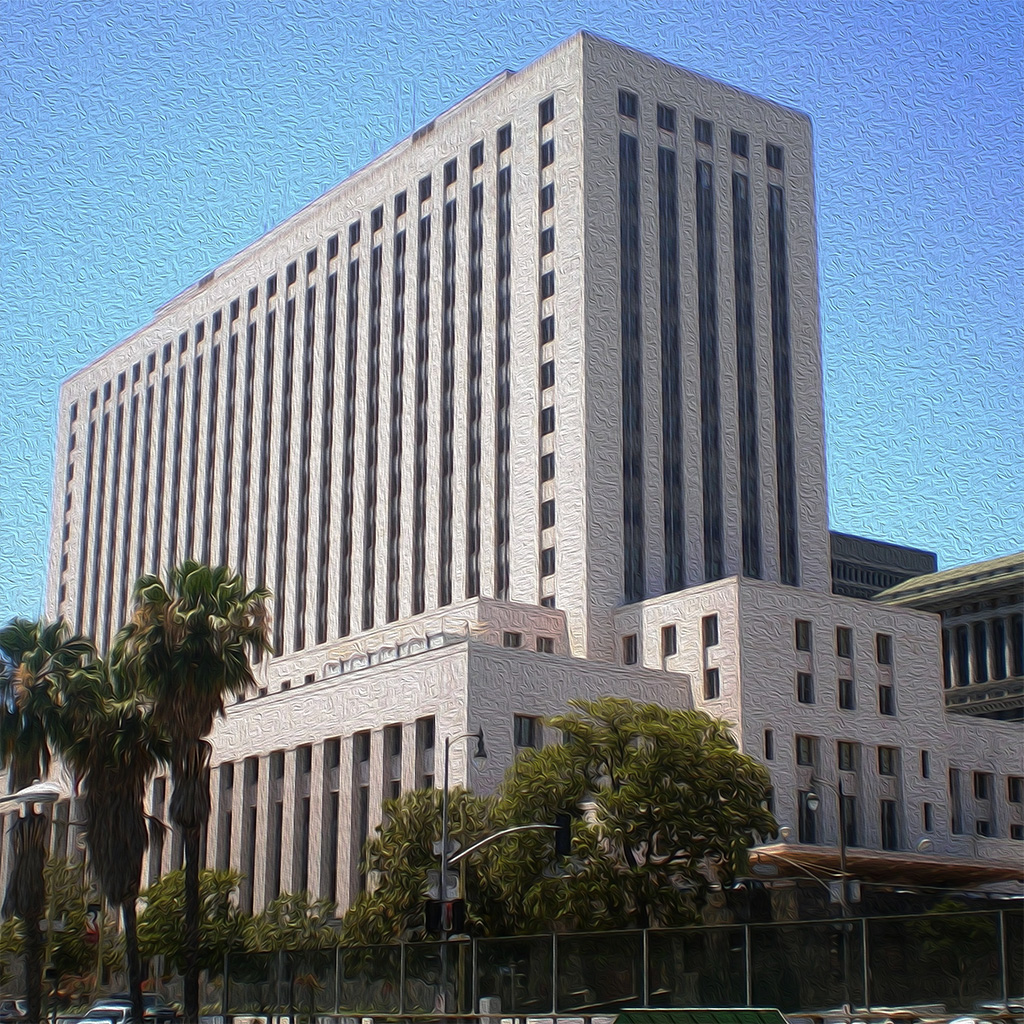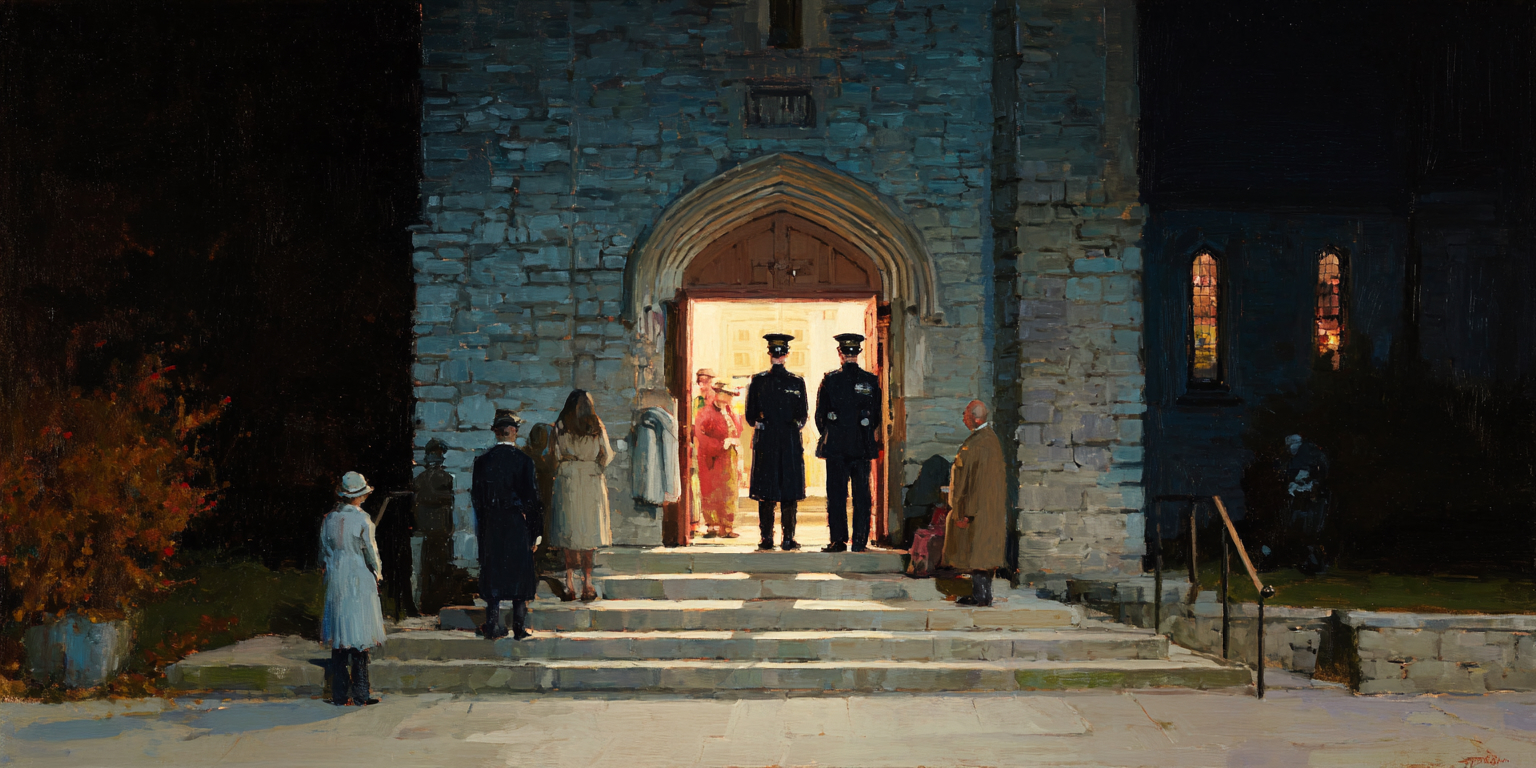Earlier this week, James Huntsman, son of the late billionaire Jon Huntsman, Sr. and brother of former Utah governor and U.S. presidential candidate Jon Huntsman, Jr., filed a federal lawsuit against The Church of Jesus Christ of Latter-day Saints (“the Church”) demanding the return of charitable contributions he has made over the course of his lifetime.
Specifically, Huntsman alleges he has paid in excess of $5 million in tithing and is seeking its return plus interest. Huntsman’s lawsuit also demands exemplary and punitive damages to “punish” and make “an example of” the Church.
Huntsman sets the tone for his lawsuit in the very first paragraph by including a bizarre quote about honesty from early Church leader Brigham Young. Throughout the complaint, Huntsman put his personal outrage and the most salacious details in a bold-italicized font so that anyone perusing the suit could quickly get a sense of the purported “fraud” and “greed.”
For 13 pages, Huntsman rambles on without specificity, without evidence, and without explaining how he personally was harmed—the cornerstone of any civil action. In legal terms, Huntsman failed to plead sufficient facts to state a claim for fraud and thus his complaint is deficient. The Court will have no choice but to dismiss the lawsuit. Huntsman’s clumsy and bumbling complaint signifies to me that he filed this suit merely as a publicity stunt without any sincere intent to recover his monies.
The Court will have no choice but to dismiss the lawsuit.
In 2019, I worked as outside counsel for The Church of Jesus Christ of Latter-day Saints as an attorney with the firm Kirton McConkie. I worked on various legal matters for the Church, including sensitive litigation. While I will not divulge information about any specific cases, I can state with surety that requests such as tithing refunds are handled respectfully, sincerely, dutifully, and seriously until the matter is fully resolved.
In order to understand a tithing refund request, it is important to be familiar with how the law characterizes tithing. Tithing is classified as a “charitable contribution,” eligible for a federal tax deduction because the Church is a qualified nonprofit, religious group.
According to the Internal Revenue Service, “a charitable contribution is a donation or gift to … a qualified organization. It is voluntary and is made without getting, or expecting to get, anything of equal value.”
A charitable contribution is a gift, and, like any gift, under the law is an irrevocable transfer of a donor’s entire interest in the donated cash or property. Since the donor’s entire interest in the donated cash or property is transferred, it is generally impossible for the donor to recover the donated property.
James Huntsman knows his tithing donations were voluntary and fall under the legal definition of a gift. He knows the Church has no legal obligation to return his tithing. He knows that the return of his tithing has tax implications, and he would most likely have to file years of amended tax returns to remove any deduction claimed.
But most importantly, I believe Huntsman knows that if he had sincerely sent his tithing refund request to Church leadership, they would have absolutely worked with him toward a positive resolution. There is no plausible reason Huntsman needed to file a baseless, improperly pleaded claim in federal court other than in an attempt to embarrass the Church. The only person who should be embarrassed is James Huntsman.






Subscribe To Our Weekly Newsletter
Stay up to date on the intersection of faith in the public square.
You have Successfully Subscribed!